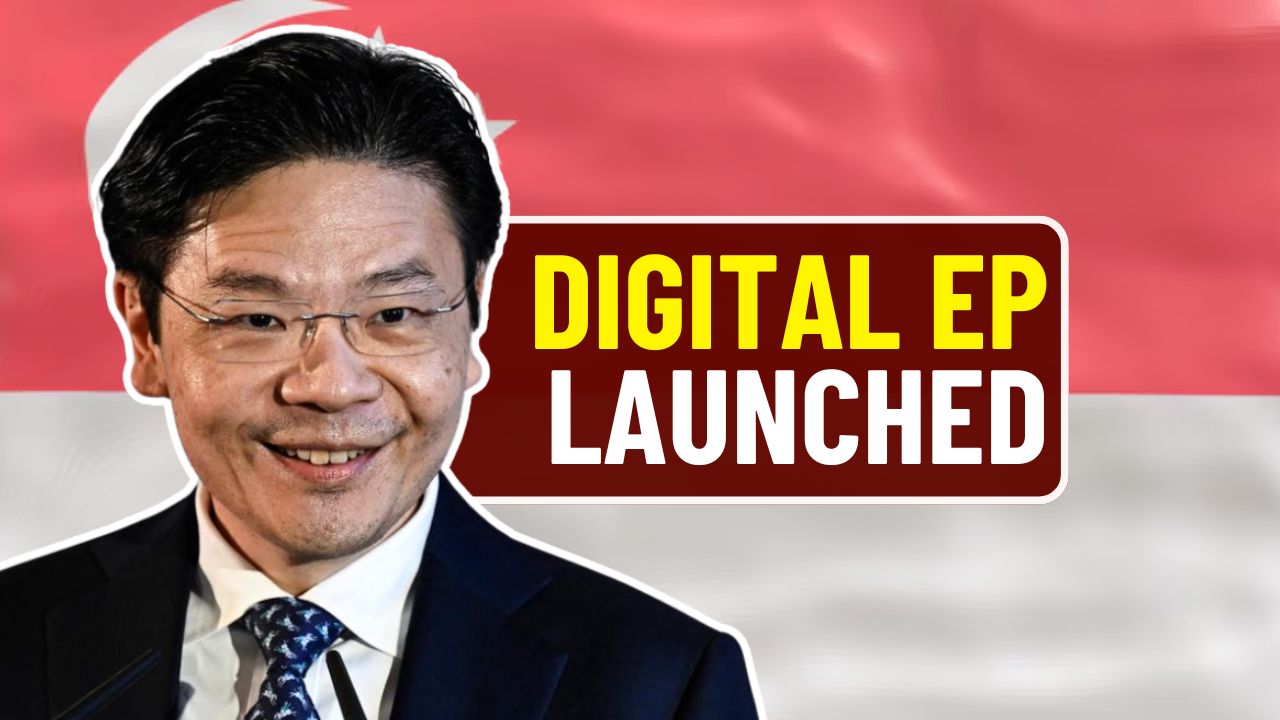Singapore is intensifying its shift toward green transportation with the upcoming launch of a pioneering toll relief program aimed at electric vehicles (EVs). Slated to begin in the third quarter of 2025, this initiative will waive Electronic Road Pricing (ERP) fees for selected EVs, forming part of the city-state’s broader efforts under its national sustainability blueprint. The move is intended to reduce vehicular emissions while studying how targeted incentives might reshape driving habits.
Table of Contents
Understanding the ERP Waiver Trial for Electric Vehicles
This road pricing adjustment is part of a pilot effort titled the ERP Waiver Pilot for Electric Vehicles, designed to assess whether exempting EVs from ERP charges can help encourage greener commuting, especially during rush hours. The scheme, to be administered by the Land Transport Authority (LTA), applies only to specific areas and hours. Through this limited test, Singapore hopes to gather meaningful data on traffic conditions and EV adoption trends, ultimately contributing to the long-term goals of the Green Plan 2030.
Overview of ERP Waiver Pilot for EVs
| Detail | Information |
|---|---|
| Scheme Name | ERP Waiver Pilot for Electric Vehicles |
| Start Date | Q3 2025 (estimated) |
| Eligibility | Selected EV drivers enrolled in LTA’s program |
| Type of Waiver | ERP fees removed during specific times at selected locations |
| Purpose | To assess if toll incentives boost EV usage and reduce peak-hour congestion |
| Coverage | Limited to targeted ERP gantries, not a nationwide rollout |
| Application Required | Yes, through LTA’s OneMotoring portal |
| Official Portal | https://onemotoring.lta.gov.sg |
Why the Waiver Program Matters for Singapore’s Green Ambitions
The waiving of ERP charges is not only about cost-saving but is a strategic move to promote long-term behavioural changes among drivers. While traditional ERP schemes are designed to control traffic by imposing charges during busy hours, applying relief to EVs allows the government to balance traffic regulation with environmental incentives. For many EV drivers, these ERP fees could otherwise neutralize the benefits of switching away from petrol. The relief thus enhances both financial and ecological appeal.
Who Can Qualify for This EV Incentive?

This initiative is not yet open to the entire EV-owning population in Singapore. It will initially be limited to a trial group selected by LTA, and only fully electric vehicles not hybrids are eligible. Both individuals and corporate entities can apply for inclusion in the scheme. Approved participants must agree to conditions such as travel data sharing, as the pilot’s success depends heavily on detailed behavioral analysis.
Where ERP Waivers Will Apply
The ERP fee exemptions will not apply across Singapore indiscriminately. Instead, specific high-traffic corridors will be targeted to measure real-time impact. Key zones expected to be included in the pilot are within the Central Business District (CBD), such as Fullerton Road and Orchard Road. Gantries located along congested stretches of expressways, like the Central Expressway (CTE) and Pan-Island Expressway (PIE), are also strong candidates. The trial areas are chosen to offer meaningful insights into congestion relief and commuter habits.
Step-by-Step Application Process for Interested EV Owners
For drivers interested in participating, LTA will make registration available via the OneMotoring online portal once the pilot launches. Eligible individuals must provide their EV registration details, agree to the data-sharing requirements, and await official approval. Once admitted, participants will begin receiving ERP toll exemptions as outlined under the program conditions.
What Singapore Hopes to Learn from the Pilot
Upon the pilot’s conclusion, LTA will assess the results to determine the effectiveness of the waiver model. Core performance indicators will include shifts in EV travel behavior, congestion data during peak hours, and the program’s reception among participants. These findings will play a vital role in shaping future iterations of Singapore’s green transport strategy, potentially leading to broader applications of similar incentives.
The Broader Impact on Transport Policy
If the trial yields favorable results, policymakers could scale the ERP waiver to cover additional zones or even make it a permanent fixture of Singapore’s sustainable mobility framework. The success of this initiative could also influence the direction of other incentives, such as parking fee reductions or charging infrastructure subsidies, making EV ownership not only environmentally sound but also economically beneficial for the average driver.
A Glimpse into the Future of Urban Mobility
As Singapore tests new boundaries in smart and green urban planning, this ERP waiver for electric vehicles stands out as both a symbolic and practical shift. It represents how traditional systems like road pricing can be adapted to support evolving environmental priorities. While the pilot is temporary, its implications could be far-reaching setting a precedent for cities worldwide seeking to align policy with planetary health.








